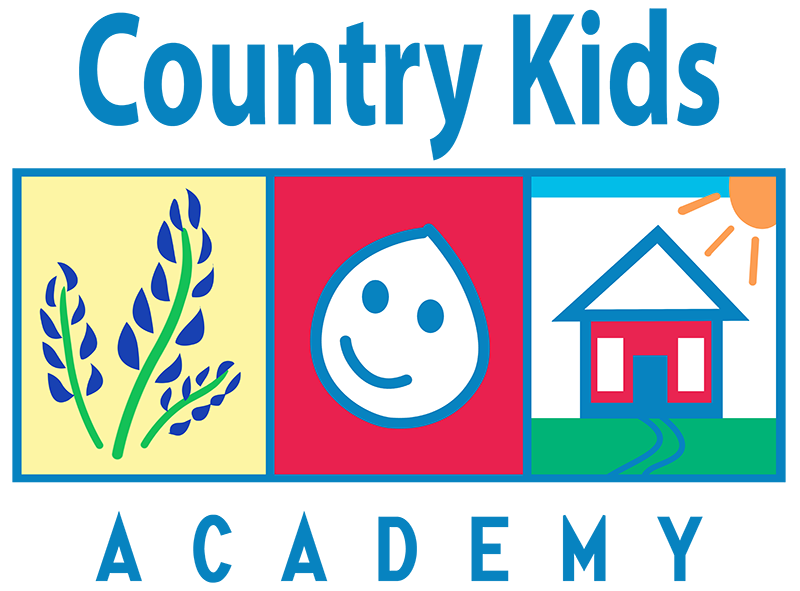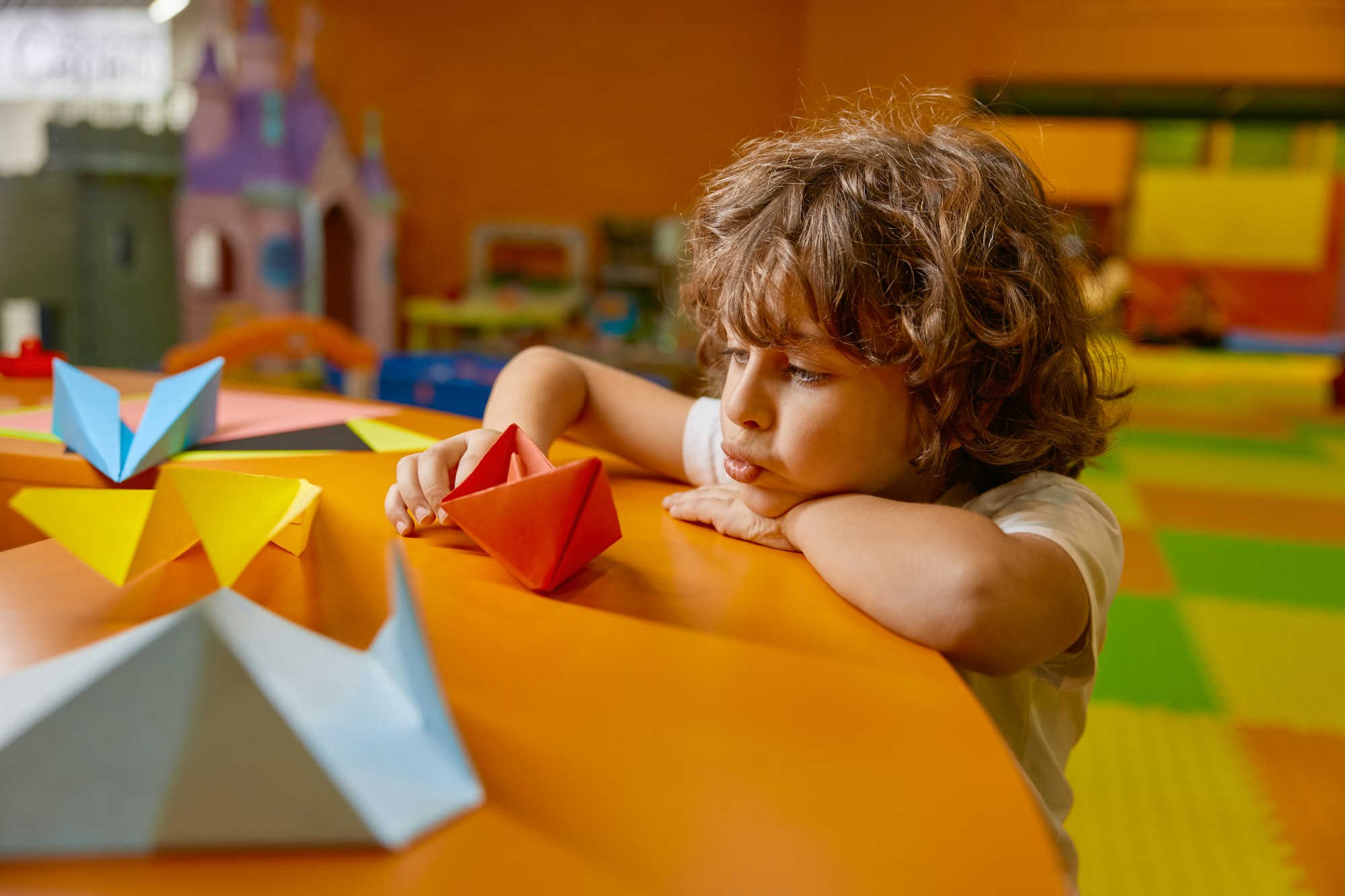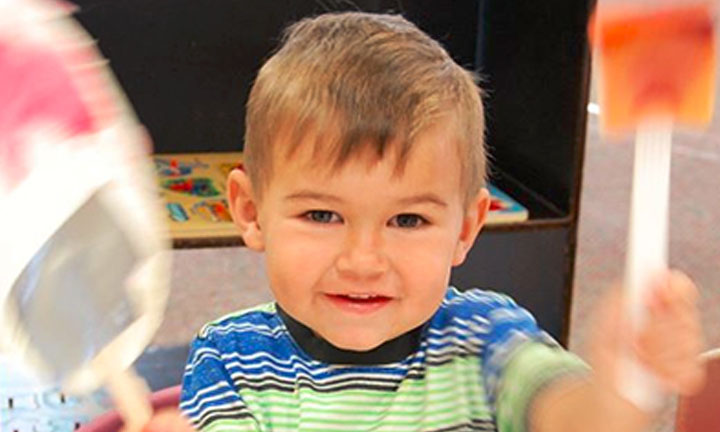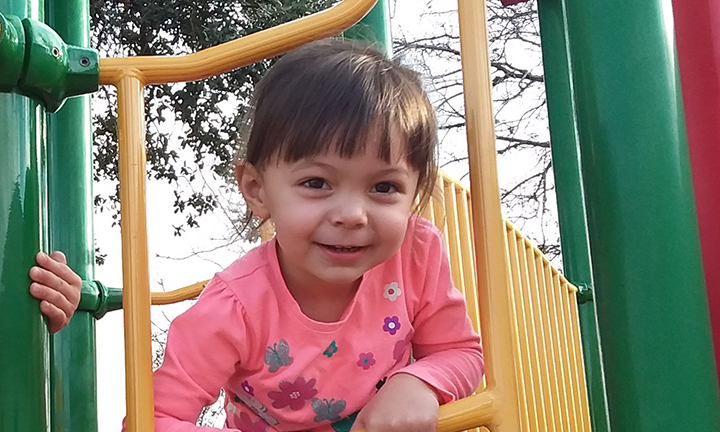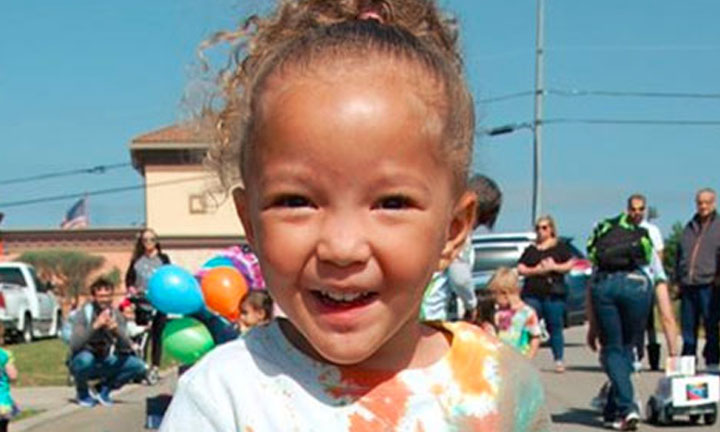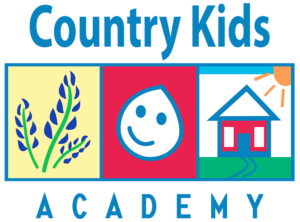What should your preschool-aged child learn in daycare? The early childhood environment is your child’s first step into the world of education. But you’re perhaps not sure what a three-, four-, or five-year-old should (or could) learn at school. If this is your first experience with pre-K, take a look at what parents need to know about curriculum, learning, and early childhood education.
1. Academic Areas
Your child’s future schools will primarily focus on academics. But this doesn’t mean your child will wait until they’re in kindergarten or first grade to begin literacy, language, math, science, social studies, and other traditional academic types of instruction.
While preschool or child care center curricula vary, depending on the program or school, most include basic academic content. Early literacy (reading, writing, and communication), math (number identification, counting, basic equations, geometry, and units of measurement), science (biology, chemistry, physics, and earth or planetary sciences), and social studies are common pre-K areas.
2. Social Areas
Your child will often make their first friends in preschool. Not only will they get the chance to meet and play with other three- to five-year-olds, but your child will also have the opportunity to practice new social skills. These include sharing, taking turns, listening, communicating, and learning how to respect other people.
3. Self-Care Areas
As your child grows and develops, they will often become more independent. The need for independence can lead your preschooler to build valuable self-care skills. While they may already engage in some of these activities at home (such as feeding themselves or using the restroom without your help), your child can continue or improve upon this type of development.
Along with feeding and using the restroom facilities, self-care in preschool may include dressing such as putting on or taking off a coat, shoes, or other outdoor items; learning about responsibility for personal items such as a backpack or jacket; handwashing; and other hygiene-related tasks.
4. Problem-Solving Areas
Problem-solving doesn’t only happen during math lessons and activities. Your child is developing critical thinking skills that will help them to solve academic and real-world problems. Daycare activities that help the young child to improve these skills include a variety of hands-on explorations and experiences. From building a block tower to mixing tempera paint colors in the art area, your child will solve problems throughout their day in child care.
5. Creative Areas
Early childhood education goes well beyond the 3 Rs. Most pre-K programs include plenty of activities and learning experiences that can help the young child to develop creative thought. These include visual arts (painting, drawing, sculpting, or collaging), drama (pretend play, acting out stories, dress-up, and other similar activities), dance, creative movement, and music (singing or using instruments).
Process-based creative activities that are child-centered and open-ended can help preschoolers to grow as learners. Instead of making or ending up with a specific product, these activities allow the child to explore, experiment, and discover new concepts in ways that are meaningful to them.
Not only can creative development activities help children to build cognitive skills, but these lessons or content areas can also contribute to growth in other areas. Visual arts activities such as drawing and painting allow the young child to practice fine motor (hand and finger) skills. Preschoolers can also build gross motor (large muscle) skills through arts areas, such as dance and creative movement.
Some early learning programs may use stand-alone creative arts activities, while others integrate these lessons into other areas of the curriculum. This means your child could draw the results of a science experiment, learn about math in music, or try another similar combination.
Do you want to learn more about what your child could learn in the early childhood setting? Contact Country Kids Academy for more information.
